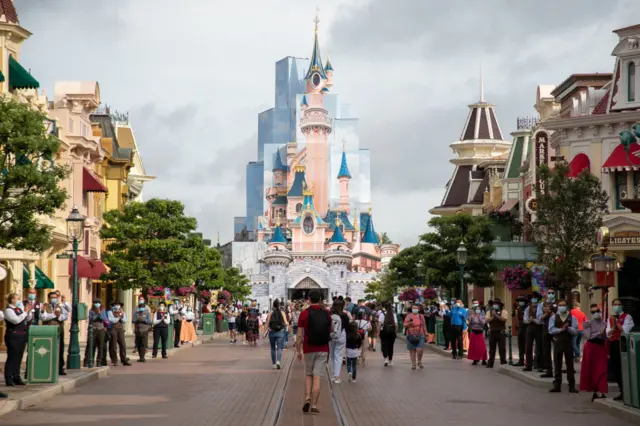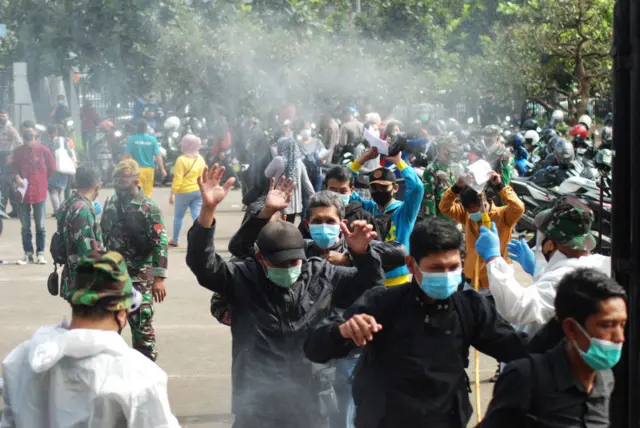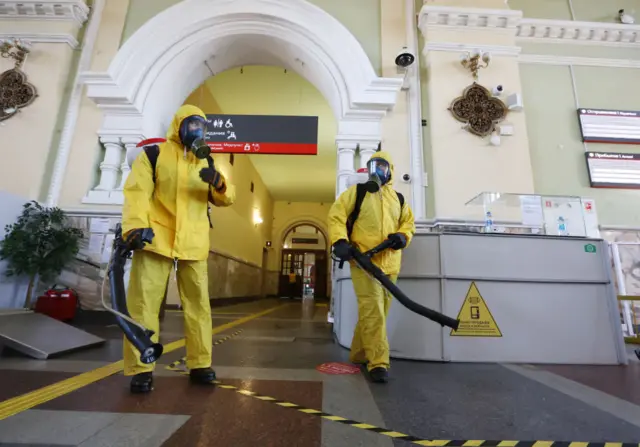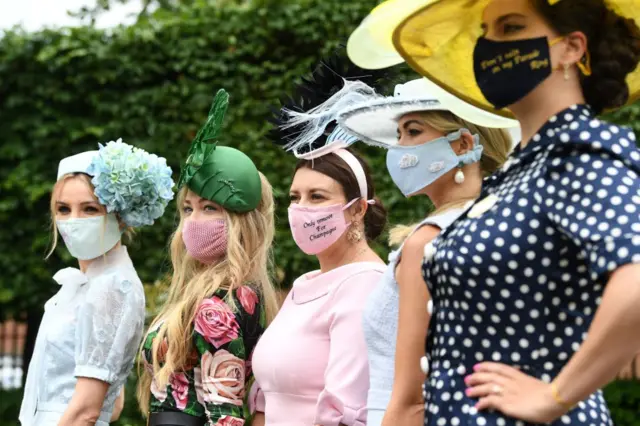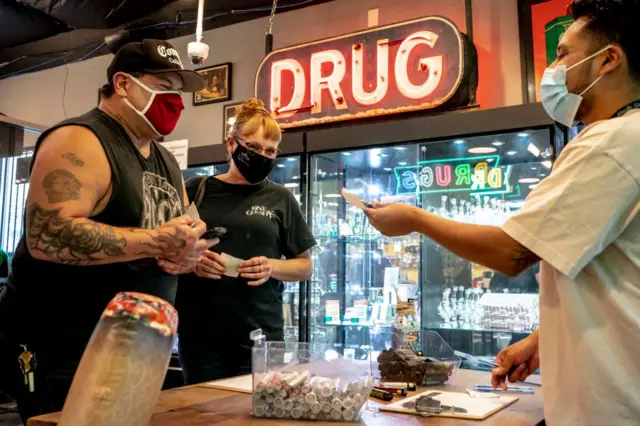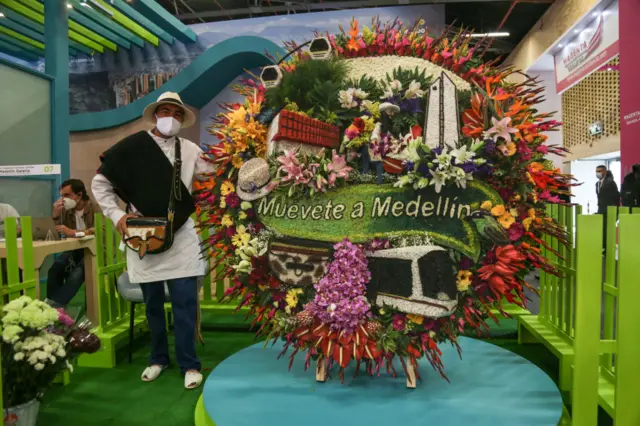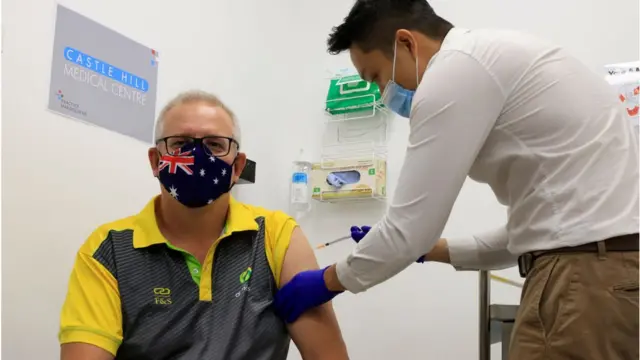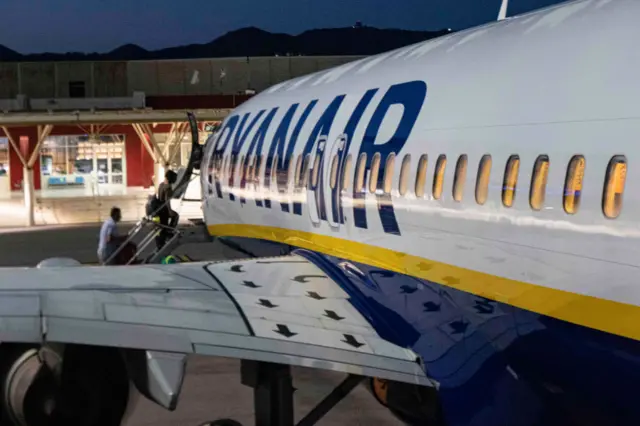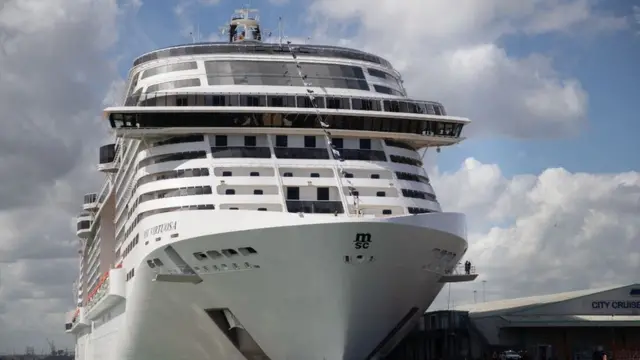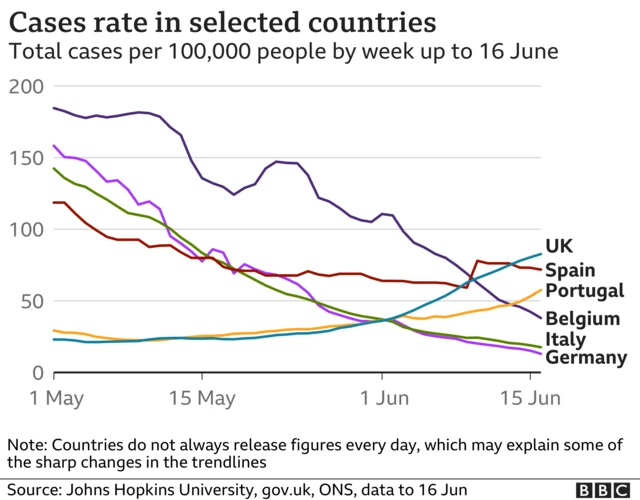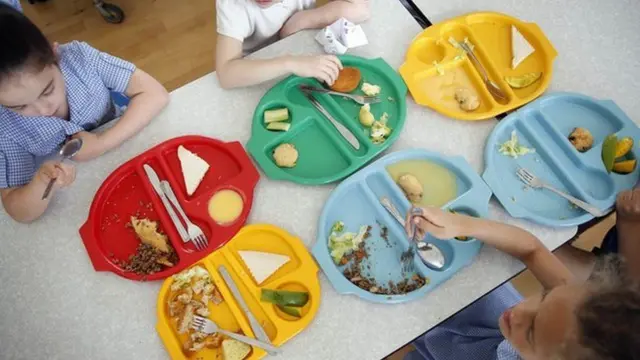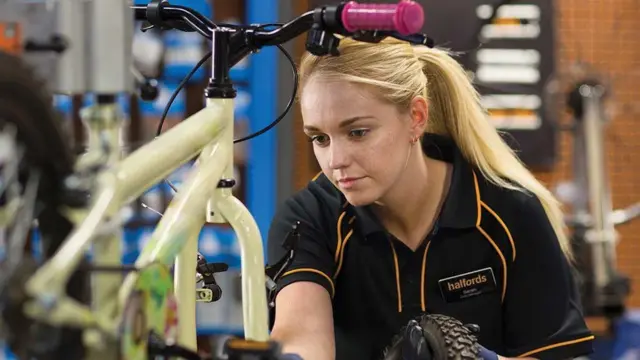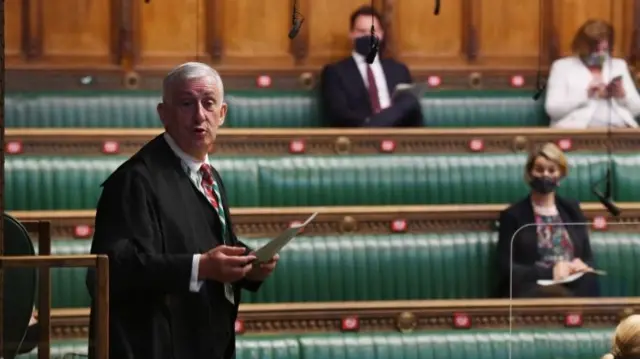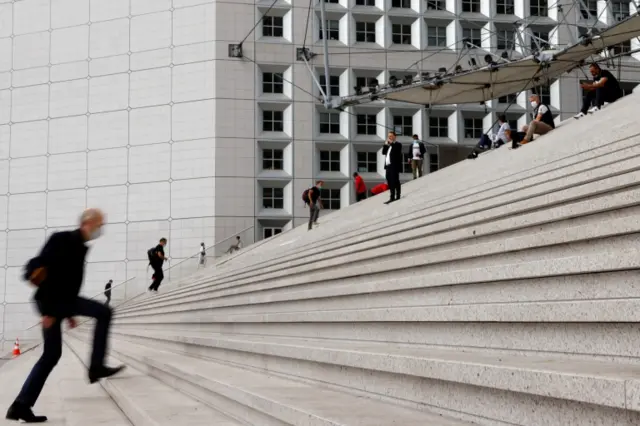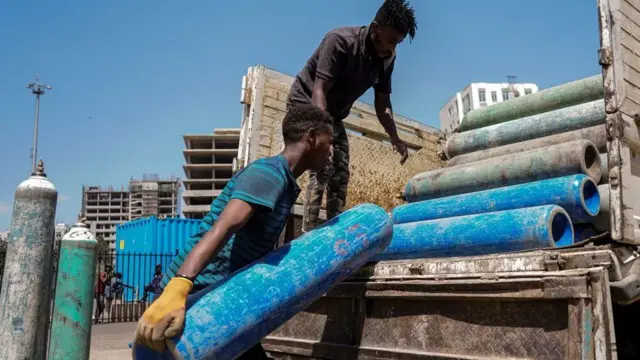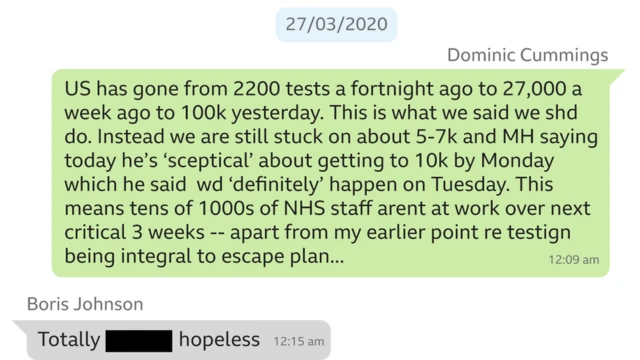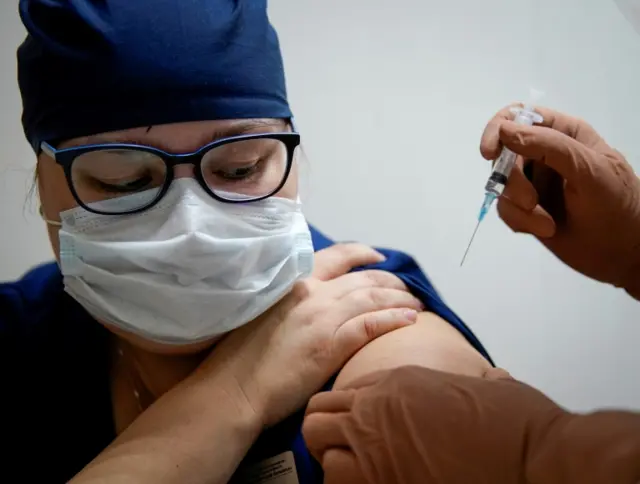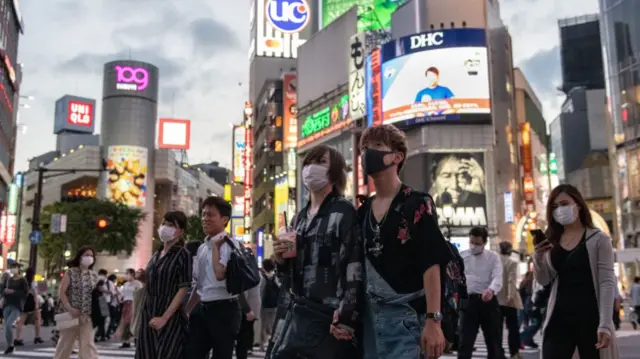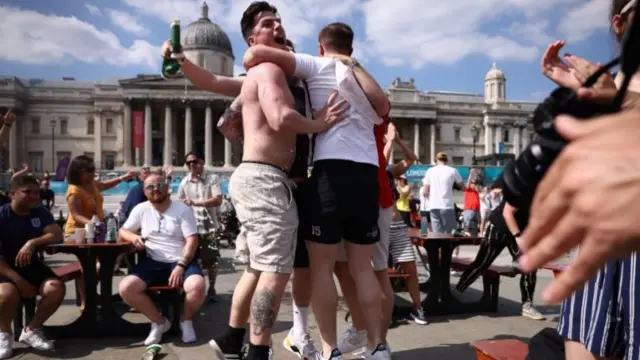Bristol Pride parade cancelled amid rise in Covid casespublished at 13:35 BST 17 June 2021
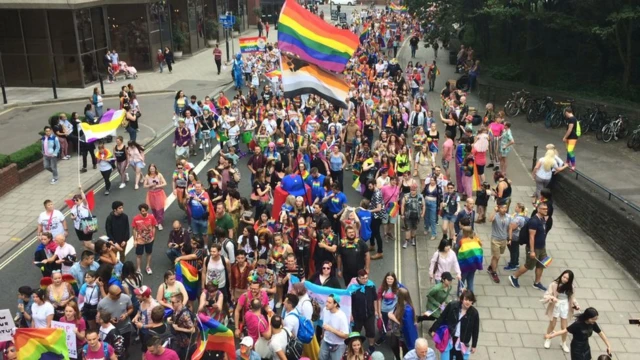
Bristol's Pride festival and march has been cancelled for a second year due to a "significant" rise in Covid-19 cases.
It had been set to take place in July in a smaller format than previous years but the delay in easing restrictions and the city experiencing a "tipping point" has forced a postponement.
With a limit of only 30 people able to attend an outside gathering and nightclubs not yet able to open, organisers say they have no choice but to postpone.
Festival director Eve Russell says: "We had robustly planned all our events to ensure they could go ahead had the rules not been relaxed, but sadly Covid-19 cases are rising significantly in Bristol, particularly among young people, and it just won't be possible to deliver the day in a way that is safe at this time."
